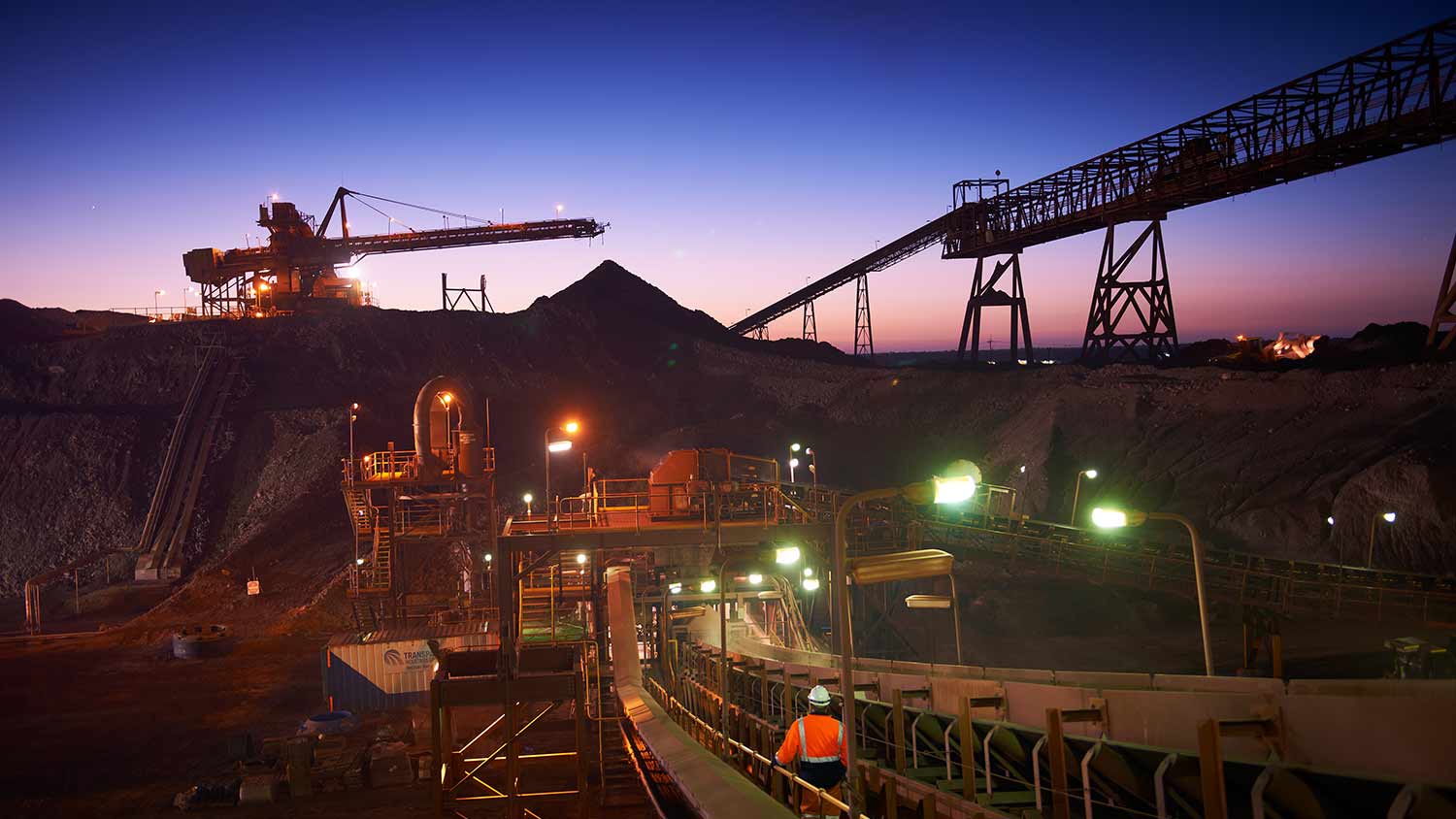Jessica Harman, BHP’s principal for portfolio strategy and development, and Steve McGill, BHP’s carbon management specialist, shed light on the mining giant’s decarbonization strategy at the Energy and Mines Virtual World Congress on December 9. (Renew Economy)
Harman said BHP was fully committed to the Paris Agreement goals of reaching zero net emissions. She emphasized that a carbon-free approach at BHP would benefit both the environment and the company’s stakeholders. Achieving emission reduction goals would “preserve access to capital” as well as create value for investors.
BHP would add value by switching diesel to more efficient and renewable energy sources, Harman said. Secondly, BHP’s products would enjoy increasing demand from a world that was transitioning to a low carbon future.
Meanwhile, McGill emphasized BHP’s preference for “lasting structural abatement” regarding decarbonization rather than the more expensive short term solutions.
A key priority for cutting emissions would be the purchase of renewable energy supplies, McGill said.
Secondly, electricity and diesel accounted for 80% of BHP’s emission basket and hence were a priority focus in its decarbonization strategy.
The company was contemplating switching from internal combustion engines to electric motors to reduce diesel consumption according to McGill. Further, the company had commissioned material movement studies at all its major diesel consumption assets worldwide and was also collaborating with equipment manufacturers for enabling low emissions technology.
Lastly, the company was contemplating the use of hydrogen as a source of the high heat required in the production of nickel and copper.
Read the RENEW ECONOMY article HERE.
Image Source: BHP Media Gallery

